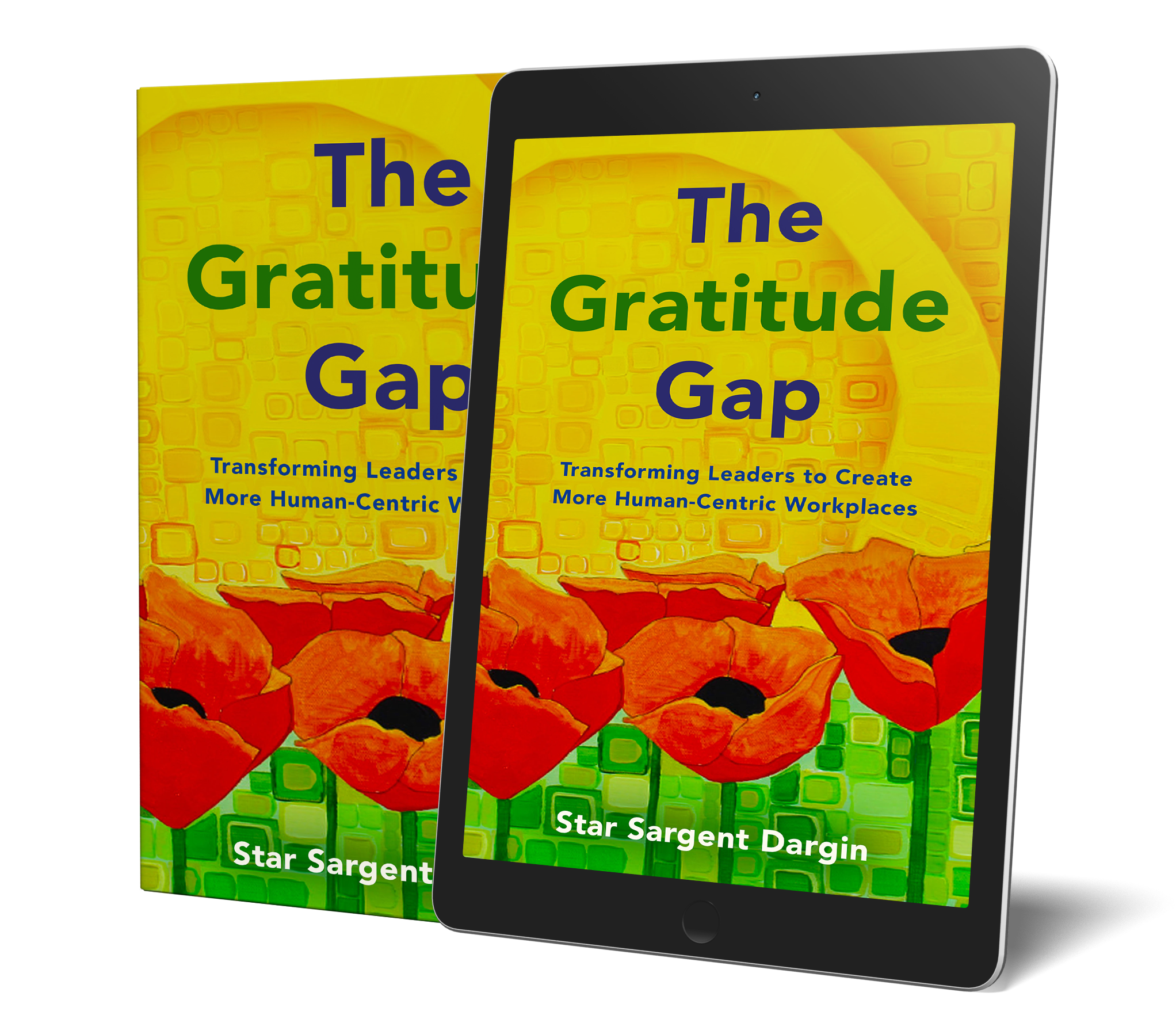 Achieving goals is the point of time management. Successful time management requires you to understand yourself. Your beliefs about time and your style so that you can find, create or adapt a time management system that supports you and the goals you want to achieve.
Achieving goals is the point of time management. Successful time management requires you to understand yourself. Your beliefs about time and your style so that you can find, create or adapt a time management system that supports you and the goals you want to achieve.
Here are a few time management systems I’ve used and adapted:
Miracle Morning, Hal Elrod – He created a 1-hour morning routine called SAVERS. He has an inspiring personal story. SAVERS stands for Scribe, Affirmations, Visualize, Exercise, Read, Silence. There is a book and an active Facebook group for support. Great for disciplined morning people. I adapted Hal’s concept of time bounding, like reading for 15 minutes each morning. His instance on early starting didn’t work well for me.
A Hero’s Journey: A Path to a meaningful life, by Donald Miller – Another inspiring story. Lots of activities, and I adapted from Donald, his section on writing your obituary, which starts from now to your end of expected life.
Franklin Covey – This is a classic time management system and has changed over the years to broaden its appeal. It’s a combination of two-time management giants, Franklin and Covey. It’s The first time management system I fell in love with. There used to be a shop at the Prudential Center in Boston where I would make a yearly pilgrimage to buy my planner. Some of it is based on the book, The Seven Habits of Highly Effective People, by Stephen R. Covey. For prioritizing, I still use his quadrant grid and remember to focus on what’s important and not urgent.
Eat that Frog! 21 Great Ways to Stop Procrastination and Get More Done in Less Time, by Brian Tracy – I used this book decades ago as the foundation for the Time Management Class I taught. It’s a short book, practical, and easy to apply. Eating a frog represents what you don’t want to do. The advice is to do it first thing and get it over with. I still try to eat a frog every morning.
Your Someday is Now, what are YOU Waiting for – Gail’s Alofsin book is full of time management advice and tips from her and others. It covers multiple styles and beliefs on time. It oozes positivity and shares lots of advice from others for managing your personal time and work.
David Allen – Getting Things Done. This is a classic system with many parts. I loved his original color coding and organizing items by categories. It originally was more linear and for those who were naturally well-organized.
Bullet Journaling – Best for creatives and making your own journey types. It has a free-form element with some structure that you create or copy. You can draw and use stickers or not at all. I used this for two years and found it fun and freeing and was able to be both creative and structured. One bullet journal lasted 3-4 months for me; I found that annoying.
Mind Maps – Start in the middle with a goal or idea and draw and create structures around it. It’s very free forming. It can be done with apps. I find that using mind-mapping apps limits creativity. I use mind mapping on paper for goal planning before I commit.
Here’s a random list of others I’ve read and tried: Perfect Day Formula, Steering by Starlight, Atomic Habits, The High Five Habit, The Success Principles, Th 4-hour day, and You are a Bad Ass. There are many more that I’ve tried, used, adapted, thrown away, or given as gifts because they were brilliant.
Summary
For the past year, I’ve been using a highly adapted paper, Passion Planner, that I synch up weekly with my Outlook calendar.
What I’m reading next on Time Management: Four Thousand Weeks, Time Management for Mortals, by Oliver Burkman
Achieving goals is based on finding, using, or adapting a system that reflects your beliefs and style. I hope I have given you a starting point to explore and discover what makes you more you by living your life your way now.
What systems have you tried and loved or hated? Why?
References
Time-Management-Essentials – Franklin Covey
Getting Things Done® – David Allen’s GTD® Methodology
Rethinking time management starts with these five questions : NPR
Book – Gail Alofsin Speaker, Author, Humanitarian, and Professor

